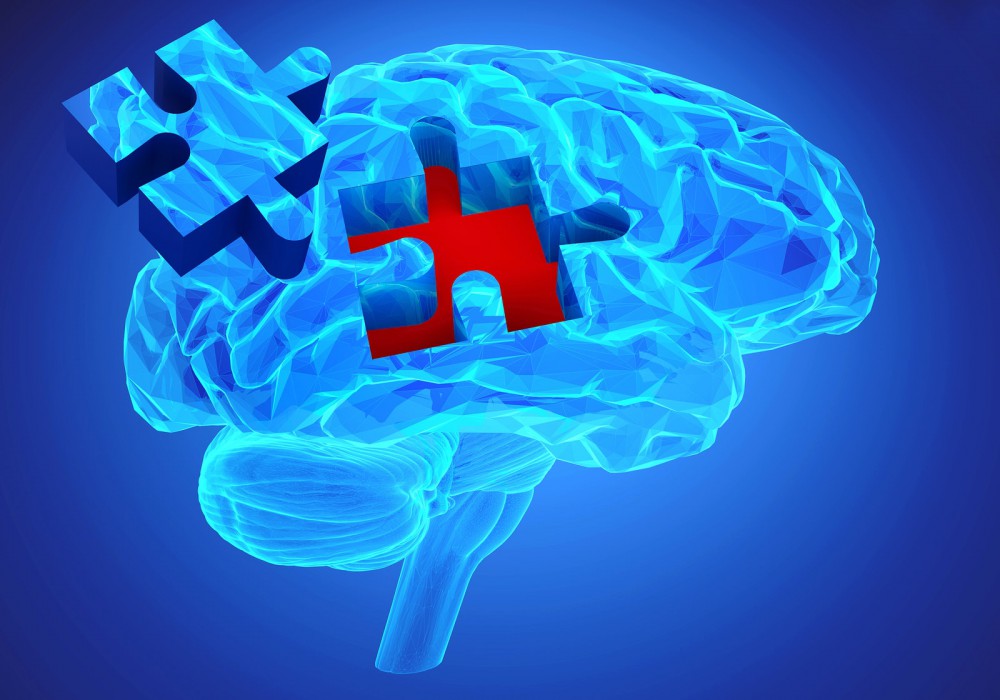
Vitamin B12 shortfalls in the brain may be a contributing factor in autism and schizophrenia, as well as old-age dementia, according to research published in the journal PLOS ONE.
Brain levels of vitamin B12 tend to diminish more rapidly over time than in the blood, which may mean that some neurological diseases are tied to poor vitamin absorption from the blood to the brain.
Researchers suspect low B12 levels in those with autism or schizophrenia are the possible result of an inflammatory condition called oxidative stress, according to Autism Speaks. Tissue from 64 postmortem brain donations was analyzed during the study.
Those findings mesh with a developing theory that the human brain uses vitamin B12 to control gene expression and spur neurological development at key points during life, from the brain’s high-growth periods during fetal development and early childhood, through the refining of neural networks in adolescence, and then into middle and old age.
“The large deficits of brain B12 from individuals with autism and schizophrenia could help explain why patients suffering from these disorders experience neurological and neuropsychiatric symptoms,” study leader Richard Deth of Nova Southeastern University said. “These are particularly significant findings because the differences we found in brain B12 with aging, autism and schizophrenia are not seen in the blood, which is where B12 levels are usually measured.”
You Might Also Enjoy: Schizophrenia’s Cause Tied to Molecular Process in Brain
Known as cobalamin, vitamin B12 is used in the formation of blood, as well as part of the nervous system’s normal functioning. Foods derived from animal sources contain the vitamin, although fortification of plant-based foods occurs, too.
Deth noted that some B12-level declines might be beneficial for the elderly, with lower levels protecting the brain by “slowing cellular reactions and the production of DNA-damaging chemicals called free radicals.”
Study Statistics
- B12 levels in the brain are 10 times lower in the oldest people versus the youngest. Study subjects ranged from a fetus to an 80-year-old participant.
- The 12 study subjects with autism (all under the age of 10) had B12 levels comparable to those of a 57-year-old. That’s about three times lower than in unaffected children.
- The nine subjects with schizophrenia (ages 36-49) had levels comparable to those of a 72-year-old.
Follow up
The authors suggest further research on whether the use of antioxidants and supplemental methyl B12 could be effective in preventing oxidative stress. In turn, that could help ease autism and schizophrenia symptoms.
Prior studies have looked to link neurological disorders to vitamin deficiencies, although none have concluded that vitamin supplementation can treat a deficiency – or that a deficiency could cause autism and schizophrenia. Moreover, children with autism generally didn’t benefit from vitamin supplements – and were at risk of overdosing – according to a 2015 study published in the Journal of the Academy of Nutrition and Dietetics.
Daniel Smith, Vice President of Innovative Technology for autism advocacy group Autism Speaks, said that, “the study remains speculative in its hypothesis, although it’s worth pursuing.”










Comments are closed.